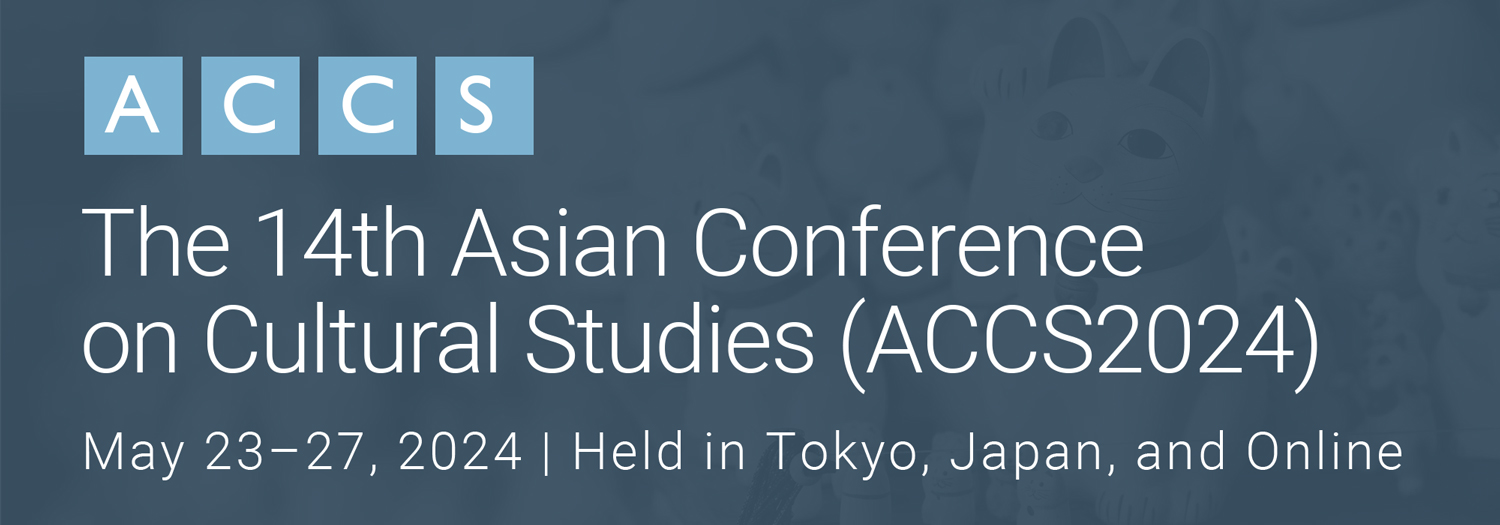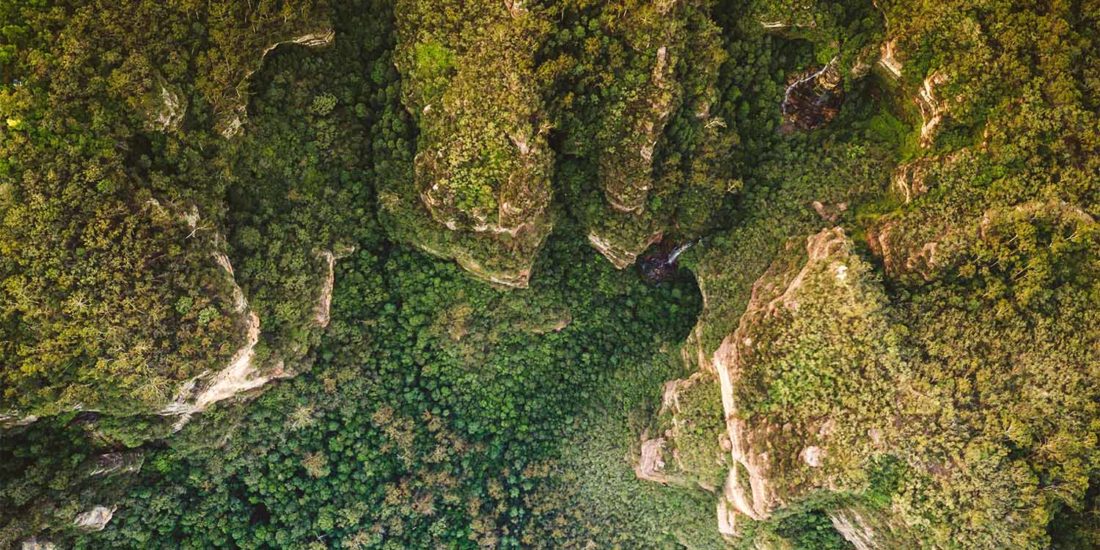“Indigenous Ways of Knowing, Precarity and Resilience” has been announced as the second panel to be presented at The 12th Asian Conference on Cultural Studies (ACCS2022) and The 12th Asian Conference on Asian Studies (ACAS2022).
The ACCS/ACAS2022 Organising Committee is currently calling for papers to be presented at the event. Submit your abstracts by March 25, 2022 to participate.
To participate in ACCS/ACAS2022 as an audience member, please register for the conference via the conference website.
This plenary will also be available for IAFOR Members to view online. To find out more, please visit the IAFOR Membership page.
Abstract
Indigenous Ways of Knowing, Precarity and Resilience
Contemporary narratives of environmental and human rights protection, racial and other connected forms of social justice, are increasingly informed and guided by indigenous struggles, indigenous intellectuals and allied scholars and activists. “Those struggles are far from over, but the premises with which many of us operate are far different than they were. These usually begin as changes in consciousness and new narratives” (Rebecca Solnit 2022).
Global warming, COVID-19, widespread political unrest, entrenched economic inequality, the dispossession and displacement of peoples, the prospect of war and other crises are evidence that we live in precarious times. Indigenous peoples and their ways of knowing and belonging and deep resilience guide us all in the formation of new narratives towards a sustainable ecology of living in the world. To say that such perspectives challenge accepted ideas of co-existence and what is now taken for granted as the dominant western template applied across the world, would be an understatement. Indigenous knowledges foreground and bring an awareness of the relationship between land, kinship, and humanity (Irene Watson, 2005).
Indigenous ways of knowing not only provide us with answers that help us address the current crises but also ask us questions that we need to address now. These are questions of epistemic justice that relate to the politics of knowledge production, academic power-sharing, addressing misrepresentations and distortions of their history and place in the world. They challenge us to imagine what we should do to let indigenous people teach and guide us in the practice of knowing about indigenous ways of knowing.
From a range of indigenous and culturally diverse voices drawn from Africa, Australia, Oceania and South America, the speakers will discuss how they understand the importance of indigenous ways of knowing. They will explore how indigenous cultures are informed by their traditions and diverse lived experience, including going beyond the inadequacy of western colonial imperialism, to provide answers to the challenges around us.
Speaker Biographies
Umberto Ansaldo
Curtin University, Australia
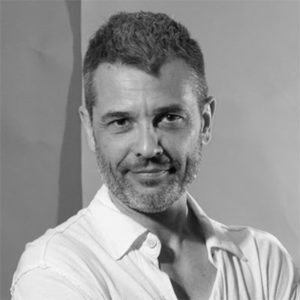 Professor Umberto Ansaldo is Head of School of Media, Creative Arts and Social Inquiry at Curtin University, reporting to the Provost. He was previously the Head of the School of Literature, Art and Media at the University of Sydney, and the Head of the School of Humanities at the University of Hong Kong.
Professor Umberto Ansaldo is Head of School of Media, Creative Arts and Social Inquiry at Curtin University, reporting to the Provost. He was previously the Head of the School of Literature, Art and Media at the University of Sydney, and the Head of the School of Humanities at the University of Hong Kong.
Professor Ansaldo’s disciplinary roots are in linguistics – most specifically in the study of language contact, linguistic typology, and language documentation. He is the author of four books to date (with CUP, OUP, Routledge, and Stockholm University Press), has edited or co-edited a further 11 volumes and journal special collections, and has authored multiple journal articles and book chapters. His most recent output is the co-editorship of The Routledge Handbook of Pidgin and Creole Languages (Routledge, 2021).
At the University of Hong Kong (HKU), Professor Ansaldo led the Humanities Area of Inquiry on the Common Core Curriculum Committee in HKU’s major revision of its curriculum (2010-2013), a time when, along with the University of Melbourne, HKU was leading in reimagining undergraduate curricula. As Chair of Linguistics, he was instrumental in establishing the Department in the top ten programs in Linguistics (QS rankings), and number one in Hong Kong. He also sat on HKU’s Senate and HKU’s Campus Development & Planning Committee. In the latter role, he was involved in the completion of the new Humanities Tower at the Centennial Campus, and the physical relocation of the Faculty from the Main Building.
At the University of Sydney, Professor Ansaldo sat on the University Executive Research Committee and led his School through a transformative period in terms of curriculum innovation and research engagement. He was in charge of overseeing the incorporation of the Sydney College of the Arts into the Faculty of Arts & Social Sciences. This included integrating existing and developing new curricula, forging research synergies, and leading the renovation of a purpose-built facility, with associated financial, technical, and HR responsibilities. He also piloted the first three micro-credit units in the Faculty.
Professor Ansaldo has throughout his career secured competitive research grants and leveraged industry funding for the advancement of the humanities and social sciences. One of his proudest achievements was his role in securing financial support to develop and host an exhibition on language and the brain, the “Talking Brains” exhibition that launched successfully at the CosmoCaixa in 2017. This type of engagement and championing of the Humanities is what Umberto is most passionate about.
Umberto lived and worked in Sweden, The Netherlands, Singapore, and Hong Kong, before moving to Australia. He speaks seven languages including Mandarin – he is well-acquainted with Asia and has conducted fieldwork in Muslim communities of the Indian Ocean, and has strong international networks in Southeast Asia, Japan, and Europe. One of the factors that attracted him to Curtin is the University’s Global Vision, which he believes is the future path of higher education and research.
Pilar Kasat
Curtin University, Australia
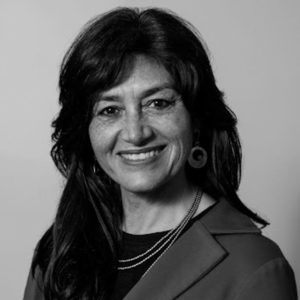 Dr Pilar Kasat is a Chilean-Australian living in the ancient country of the Whadjuk people of the Noongar Nation (Perth, Western Australia). Dr Kasat completed her PhD, “Singing the Women Back Up: Arts for Social Change and the Empowerment of Women” in 2020 and a postdoctoral fellowship with Curtin University in December 2021. She has more than twenty years of direct involvement in participatory arts. As a practitioner and in leadership roles, Dr Kasat developed a track record of creative intercultural dialogue with First Nations and people of colour within a social justice framework. Dr Kasat is the chairwoman of Art on the Move, the inaugural chair of Women of Colour Australia, and previously the deputy chair of Diversity Arts Australia. Her writing collaborations on the role of the arts to drive social change have been published in international academic journals and national industry magazines.
Dr Pilar Kasat is a Chilean-Australian living in the ancient country of the Whadjuk people of the Noongar Nation (Perth, Western Australia). Dr Kasat completed her PhD, “Singing the Women Back Up: Arts for Social Change and the Empowerment of Women” in 2020 and a postdoctoral fellowship with Curtin University in December 2021. She has more than twenty years of direct involvement in participatory arts. As a practitioner and in leadership roles, Dr Kasat developed a track record of creative intercultural dialogue with First Nations and people of colour within a social justice framework. Dr Kasat is the chairwoman of Art on the Move, the inaugural chair of Women of Colour Australia, and previously the deputy chair of Diversity Arts Australia. Her writing collaborations on the role of the arts to drive social change have been published in international academic journals and national industry magazines.
Seini F Taumoepeau
Artist, Performer, Activist & Radio Presenter
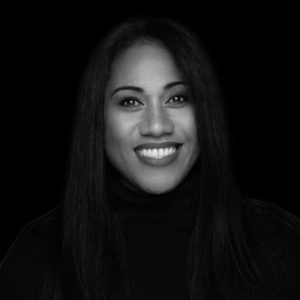 (She/Her) is Orator and Songwoman with an intersectional Oceania–Pacific lens and First Nations focus. She practises Faivā (performance of space). An Indigenous woman of the Mōana, direct descendant of ancient Polynesian celestial navigators and chiefly lineage. Analogue to digital interdisciplinary artist and coach/mentor from Sydney’s early hip hop generation, Sēini continues navigational principles with leadership: Founder of OceaniaX and LELEI Wellness. She works with the invisible and intangible, carrying medicine in presence, hands and voice, commanding her aesthetic in harmony and rhythm. Sēini is known by names: SistaNative, Napangardi (Skin-name) and Cantora (Capoeira Name). From Kingdom of Tonga origins and an Australian veteran with a career spanning more than 30 years as performance artist, presenter/broadcaster and creative industries professional. Sēini extends the narratives of Indigenous Oceania in the arts, media, culture, education and personal development sectors. Her storytelling praxis occupies the outskirts, fringe or margins – exploring connectivity, hōhoko (genealogy), ritual, ceremony, communication, relational intersectionality and displacement across Tā Vā (time–space) reality. Emerging Elder and lifelong scholar, Sēini brings Oceanic wisdom and indigenous science to the forefront, as an extension of the emergent Indigenous cultures of her people of the Mōana. Wayfinding the horizon.
(She/Her) is Orator and Songwoman with an intersectional Oceania–Pacific lens and First Nations focus. She practises Faivā (performance of space). An Indigenous woman of the Mōana, direct descendant of ancient Polynesian celestial navigators and chiefly lineage. Analogue to digital interdisciplinary artist and coach/mentor from Sydney’s early hip hop generation, Sēini continues navigational principles with leadership: Founder of OceaniaX and LELEI Wellness. She works with the invisible and intangible, carrying medicine in presence, hands and voice, commanding her aesthetic in harmony and rhythm. Sēini is known by names: SistaNative, Napangardi (Skin-name) and Cantora (Capoeira Name). From Kingdom of Tonga origins and an Australian veteran with a career spanning more than 30 years as performance artist, presenter/broadcaster and creative industries professional. Sēini extends the narratives of Indigenous Oceania in the arts, media, culture, education and personal development sectors. Her storytelling praxis occupies the outskirts, fringe or margins – exploring connectivity, hōhoko (genealogy), ritual, ceremony, communication, relational intersectionality and displacement across Tā Vā (time–space) reality. Emerging Elder and lifelong scholar, Sēini brings Oceanic wisdom and indigenous science to the forefront, as an extension of the emergent Indigenous cultures of her people of the Mōana. Wayfinding the horizon.
Marcelle Townsend-Cross
University of Sydney, Australia
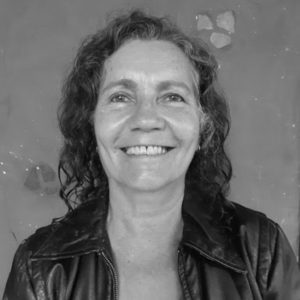 Marcelle is a mixed heritage First Nations woman of Biripi, Worimi and Irish descent. Marcelle is an educator and researcher who currently teaches Aboriginal Studies at the University Centre for Rural Health in Lismore for the University of Sydney, Australia. For over twenty years she has worked in higher education developing and delivering Indigenous Australian Studies subjects and degree courses at Southern Cross University’s Gnibi College (1999 – 2010); Griffith University’s School of Human Services and Social Work (2011 – 2013) and Long Island University’s Global College (2012 – 2021). Marcelle holds a PhD (2018) and a Master of Education (2009) from the University of Technology Sydney and a Bachelor of Arts in Contemporary Music and Indigenous Studies from Southern Cross University (1995).
Marcelle is a mixed heritage First Nations woman of Biripi, Worimi and Irish descent. Marcelle is an educator and researcher who currently teaches Aboriginal Studies at the University Centre for Rural Health in Lismore for the University of Sydney, Australia. For over twenty years she has worked in higher education developing and delivering Indigenous Australian Studies subjects and degree courses at Southern Cross University’s Gnibi College (1999 – 2010); Griffith University’s School of Human Services and Social Work (2011 – 2013) and Long Island University’s Global College (2012 – 2021). Marcelle holds a PhD (2018) and a Master of Education (2009) from the University of Technology Sydney and a Bachelor of Arts in Contemporary Music and Indigenous Studies from Southern Cross University (1995).
Marcelle’s Indigenous Australian heritage inspires her dual research focus on the history and contemporary manifestations and impacts of colonialism in Australia and on teaching and learning for social justice and social change.
